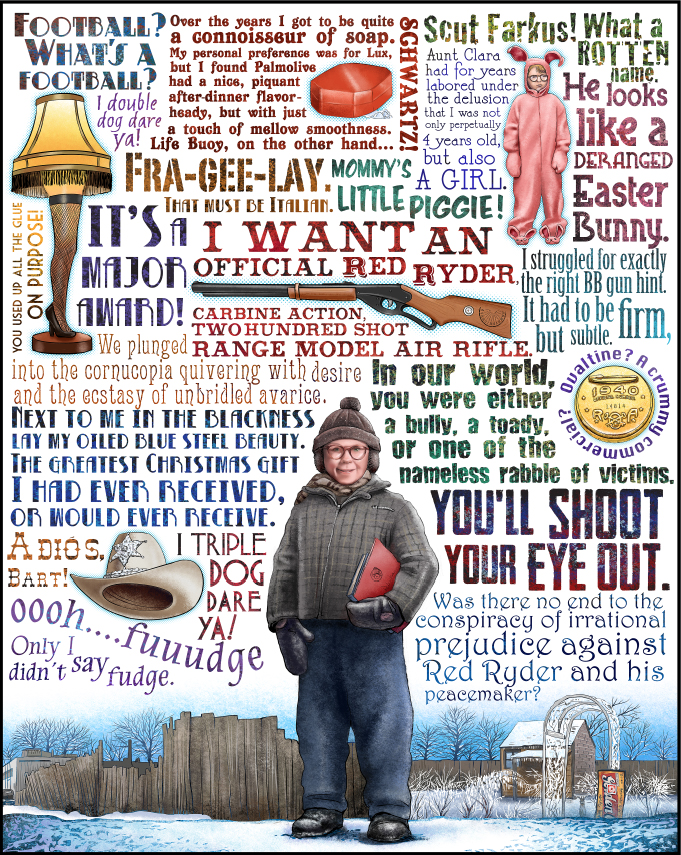Britain’s Royal Mail Group has released a hand-written letter posted by a participant in the Christmas Truce on the western front in 1914:
One hundred years ago tomorrow saw the historic truce between soldiers fighting in the trenches in the First World War and Royal Mail is a releasing a poignant letter recounting the moment.
Christmas Day 1914 saw a break in the fighting between allied forces and German soldiers on the Western Front.
It was the moment where troops on both sides put down their weapons, climbed out of the dug-outs and met in no man’s land, where they exchanged cigars and souvenirs, and where a historic football match was played.
In the letter, Captain A D Chater of the 2nd Battalion Gordon Highlanders, describes the extraordinary moment where the men stopped fighting to wish each other happy Christmas:
“Dearest Mother,
I am writing this in the trenches in my “dug-out” — with a wood fire going and plenty of straw it is rather cosy, although it is freezing hard and real Christmas weather.
I think I have seen today one of the most extraordinary sights that anyone has ever seen. About 10 o’clock this morning I was peeping over the parapet when I saw a German, waving his arms, and presently two of them got out of their trench and came towards ours. We were just going to fire on them when we saw they had no rifles, so one of our men went to meet them and in about two minutes the ground between the two lines of trenches was swarming with men and officers of both sides, shaking hands and wishing each other a happy Christmas…”
Captain Chater’s letter illustrates how regiments on both sides used the opportunity to bury their dead, referring to it as “lying between the lines”. It was also a rare moment they could simply go for long walk in the open without being shot at.
Captain Chater also describes another meeting in no-man’s land that further illustrates the unexpected good humour between enemy forces:
“We had another parley with the Germans in the middle. We exchanged cigarettes and autographs, and some more people took photos. I don’t know how long it will go on for — I believe it was supposed to stop yesterday, but we can hear no firing going on along the front today except a little distant shelling. We are, at any rate, having another truce on New Year’s Day, as the Germans want to see how the photos come out!”
Not only does Captain Chater’s letter paint a vivid picture of goodwill in the middle of “a war in which there is so much bitterness and ill feeling”, it reminds us that the conflict was not personal between the men on opposing sides. “The Germans in this part of the line are sportsmen if they are nothing else,” he writes, underlining the sense of uneasy trust that inspired the Christmas truce.
H/T to MilitaryHistoryNow.com for the link.




 Back in the early 1980’s, I was working in Toronto’s largest toy and game store, Mr Gameways’ Ark. It was a very odd store, and the owners were (to be polite) highly idiosyncratic types. They had a razor-thin profit margin, so any expenses that could be avoided, reduced, or eliminated were so treated. One thing that they didn’t want to pay for was Muzak (or the local equivalent), so one of the owners brought in his home stereo and another one put together a tape of Christmas music.
Back in the early 1980’s, I was working in Toronto’s largest toy and game store, Mr Gameways’ Ark. It was a very odd store, and the owners were (to be polite) highly idiosyncratic types. They had a razor-thin profit margin, so any expenses that could be avoided, reduced, or eliminated were so treated. One thing that they didn’t want to pay for was Muzak (or the local equivalent), so one of the owners brought in his home stereo and another one put together a tape of Christmas music.


